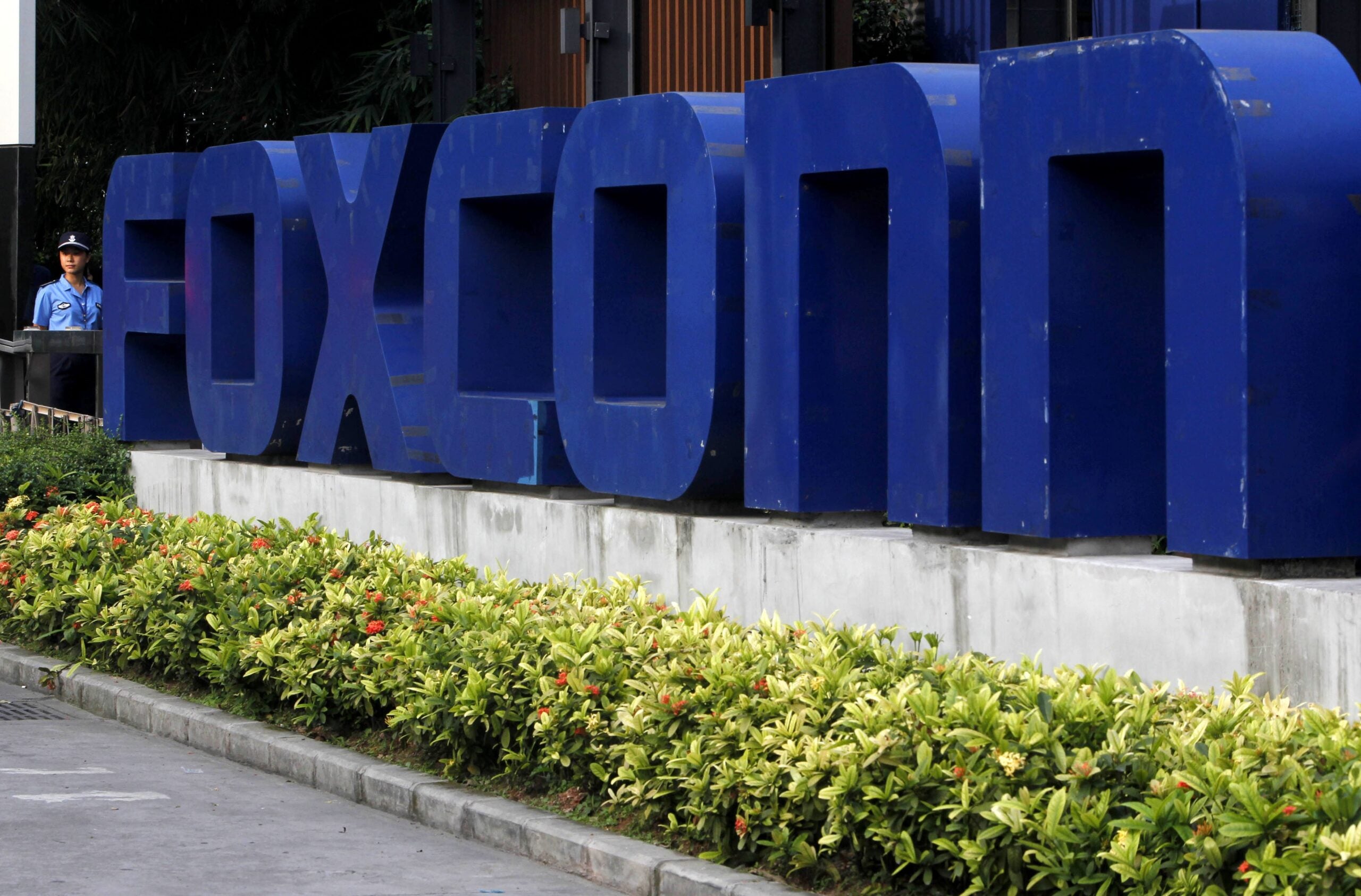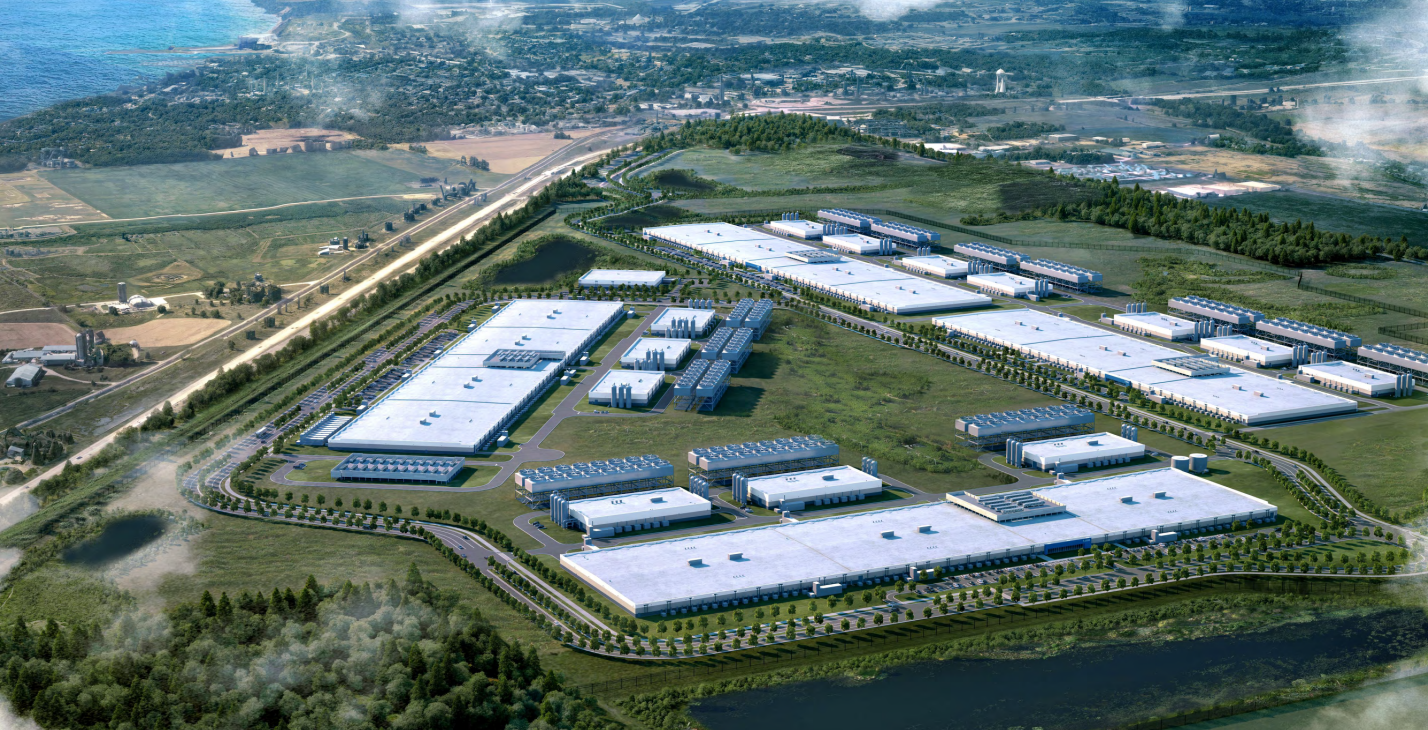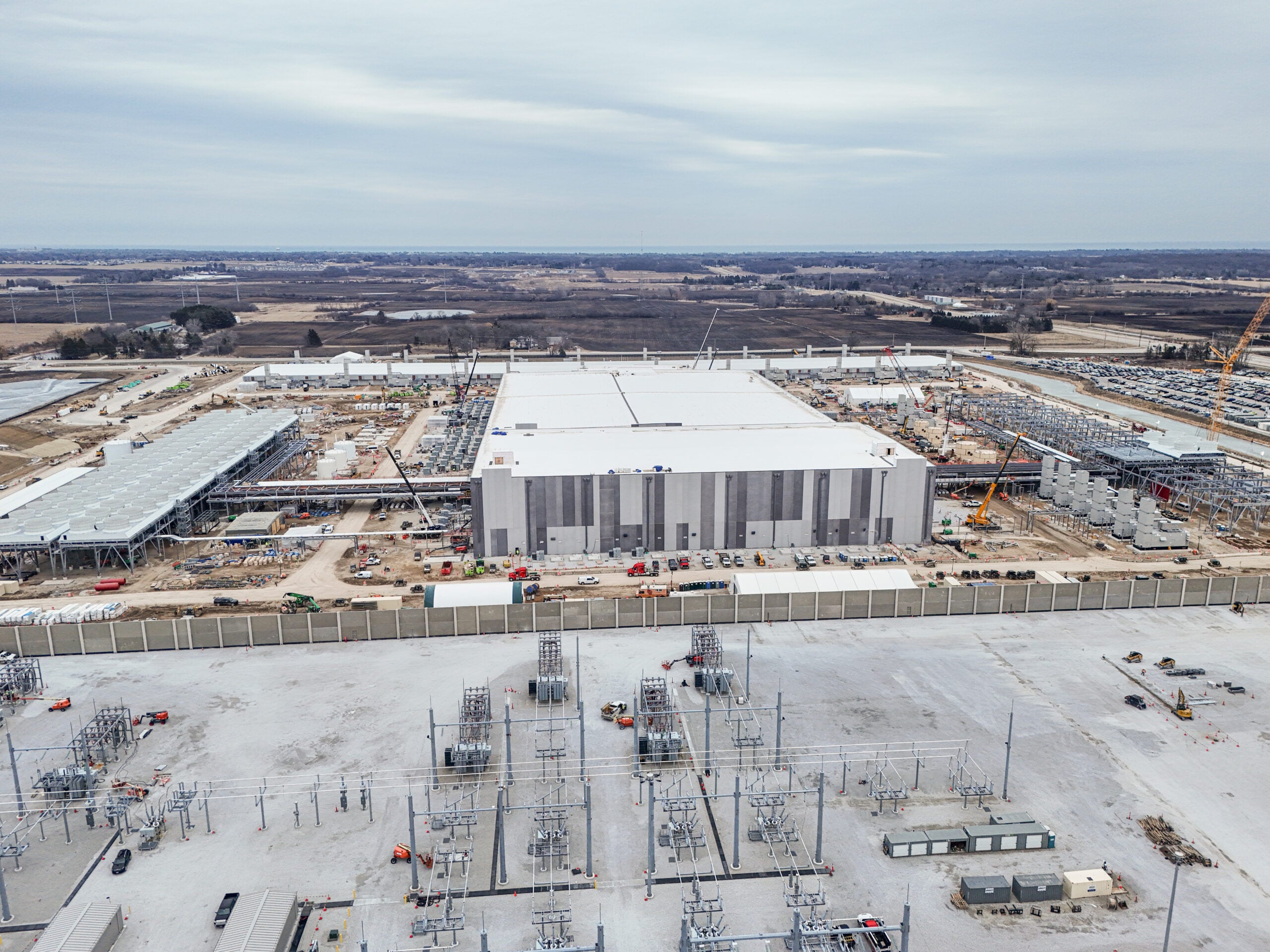The state of Wisconsin wouldn’t break even on its $3 billion incentive package for tech manufacturer Foxconn until the year 2043, according to an estimate released Tuesday by the Legislature’s nonpartisan budget office.
The estimate compared the amount of tax revenue Foxconn would generate for the state to the amount of tax breaks the state offered Foxconn to come here.
According to the estimate, Wisconsin wouldn’t break even on its investment until the year 2043.
News with a little more humanity
WPR’s “Wisconsin Today” newsletter keeps you connected to the state you love without feeling overwhelmed. No paywall. No agenda. No corporate filter.
The estimate focuses on the income tax that would be paid by workers at Foxconn, because the manufacturer will qualify for a state tax program that exempts it from paying income taxes. It assumes the facility will hire the maximum number of employees it has projected for the plant: 13,000.
If the manufacturer doesn’t employ that many Wisconsin residents, the state’s break-even point would be pushed “well past” the year 2045, the estimate said.
Democrats voiced concern about the incentive package after the estimates were released.
“I’m extremely concerned about the cost to Wisconsin taxpayers,” said Assembly Minority Leader Peter Barca, D-Kenosha. “The fiscal analysis released today creates new questions on the state’s cash flow and on the state’s ability to ensure a good return on investment for taxpayers.”
Democrats have pushed for another public hearing on the package.
“We need more time to thoroughly vet the specifics of this deal and to ensure more work for Wisconsin contractors, suppliers and small businesses, as well as new good-paying jobs for Wisconsin workers,” Barca said.
Gov. Scott Walker pushed back on the estimates Tuesday afternoon, saying more than tax revenues should be considered when evaluating the deal.
Foxconn is bigger than just future tax revenues. It adds over $10.5 bil. in payroll to WI economy over 15 yrs + construction & indirect jobs
— Governor Walker (@GovWalker) August 8, 2017
The estimate projected the Foxconn facility would create 22,000 “indirect and induced jobs” beginning in 2021. Those jobs would produce estimated at $71 million per year in tax revenue. The projection also linked 10,200 construction jobs and 6,000 indirect construction-related jobs over a four-year building period to $186.9 million in tax revenue for the state.
The Legislative Fiscal Bureau noted its analysis was only focused on the impacts of the project on the state’s treasury and did not account for other potential benefits to Wisconsin’s economy, like the addition of a new sector to the state’s manufacturing economy.
The estimate also outlined the yearly costs to the state for the 15-year tax incentive package.
According to the estimate, those yearly payments from the state to Foxconn will hit their peak in the year 2022, when Wisconsin is projected to pay Foxconn about $325 million.
That means a two-year state budget around then would have to include more than $600 million for Foxconn payments.
Todd Berry, president of the Wisconsin Taxpayers Alliance, said if state revenues don’t grow enough, lawmakers will likely to have make cuts elsewhere in the budget to make those payments.
“They’ll deal with it year by year,” Berry said. “They will have essentially punted the problem into the future and then they’ll be as austere as they need as each year goes along.”
In terms of potential cuts to achieve that austerity, Berry said “everything is essentially fair game.”
“Even K-12 education has been fair game in recent budgets,” he said.
The state Assembly held a public hearing on the Foxconn deal last week. It is expected to hold a committee vote on the package later this week.
The state Senate has yet to schedule a public hearing.
Wisconsin Public Radio, © Copyright 2025, Board of Regents of the University of Wisconsin System and Wisconsin Educational Communications Board.







